Yes. Once the insurance company is made aware of the claim, it will assign your case to an adjuster. The adjuster’s job is to review your case and make an attempt to settle it for the insurance company. The insurance company instructs the adjuster to settle your case for as little money as possible. Adjusters love it when someone attempts to settle their case before hiring an attorney, because the adjuster knows that he or she will be able to settle the case for less money than they otherwise would have. Remember, insurance companies are for-profit corporations that are in the business to make money. The insurance company knows that the less money it pays you, the more money it gets to keep.
Personal and professional representation that is tailored to your case. Billboard lawyers are a dime a dozen. Those firms go through the same motions in every case. At Daws Legal, an attorney (as opposed to a paralegal) will review every aspect of your case and tailor fit a plan to maximize the value of your recovery. This plan will be communicated through you at every phase of your case until it resolves.
We don’t get paid unless there is a recovery. This type of fee is called a contingency fee and is common throughout the State of Texas. Most injury attorneys charge similar rates.
No. The insurance company is going to call and ask for a recorded statement. When they do, the adjuster will make it seem as though he or she is simply gathering information to help resolve your case. In reality, the adjuster is asking you loaded questions from a script that was developed by the insurance company to devalue your case. Under no circumstances should you give a recorded statement to an insurance company before consulting with an attorney.
Nothing. We are happy to meet with you in person, over the phone, or on ZOOM for no charge at all.
In Texas, a personal injury case is only worth what a jury is willing to award you. This is why you need an attorney who can not only prove the economic damages you have sustained due to your accident, but can also demonstrate the value of non-economic damages you may have sustained, such as pain and suffering, mental anguish, and loss of consortium

COPYRIGHT © 2024 DAWS LEGAL. ALL RIGHTS RESERVED.